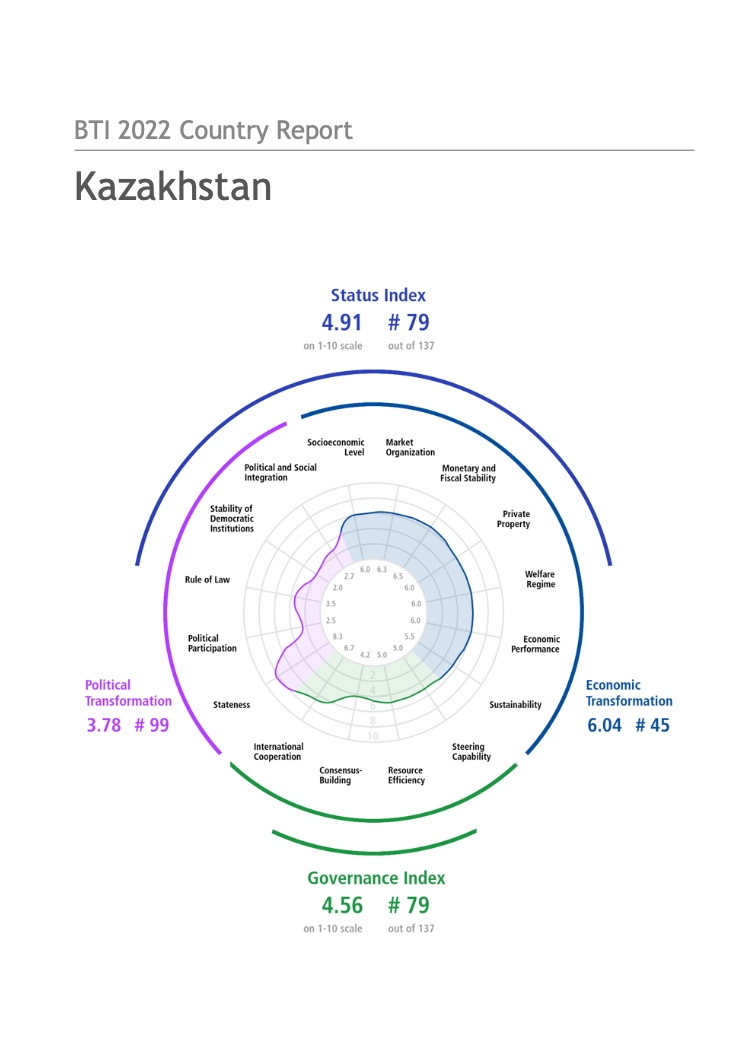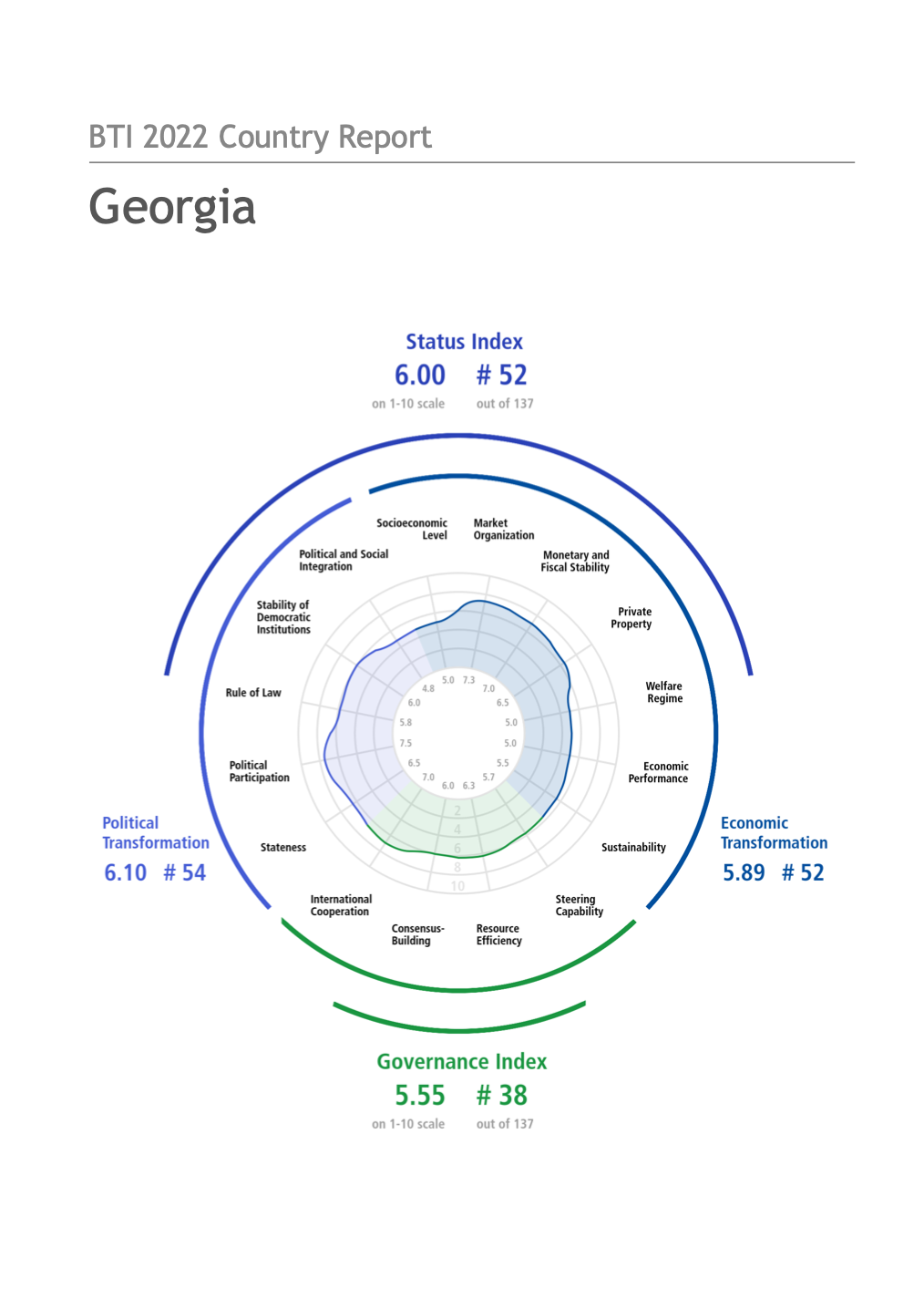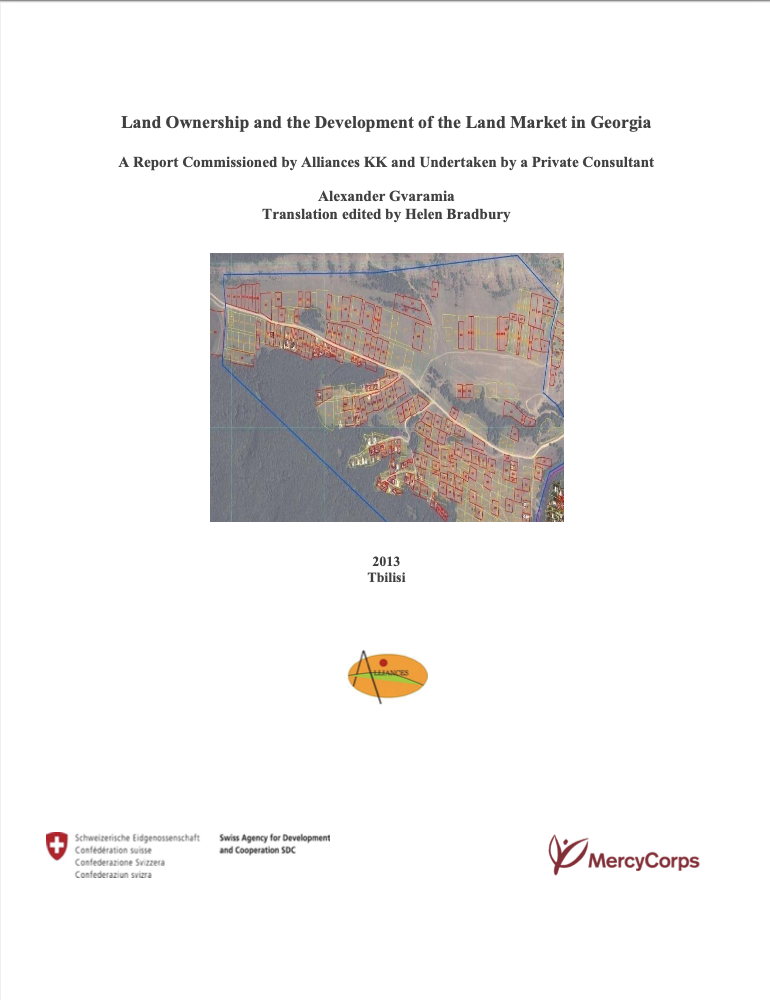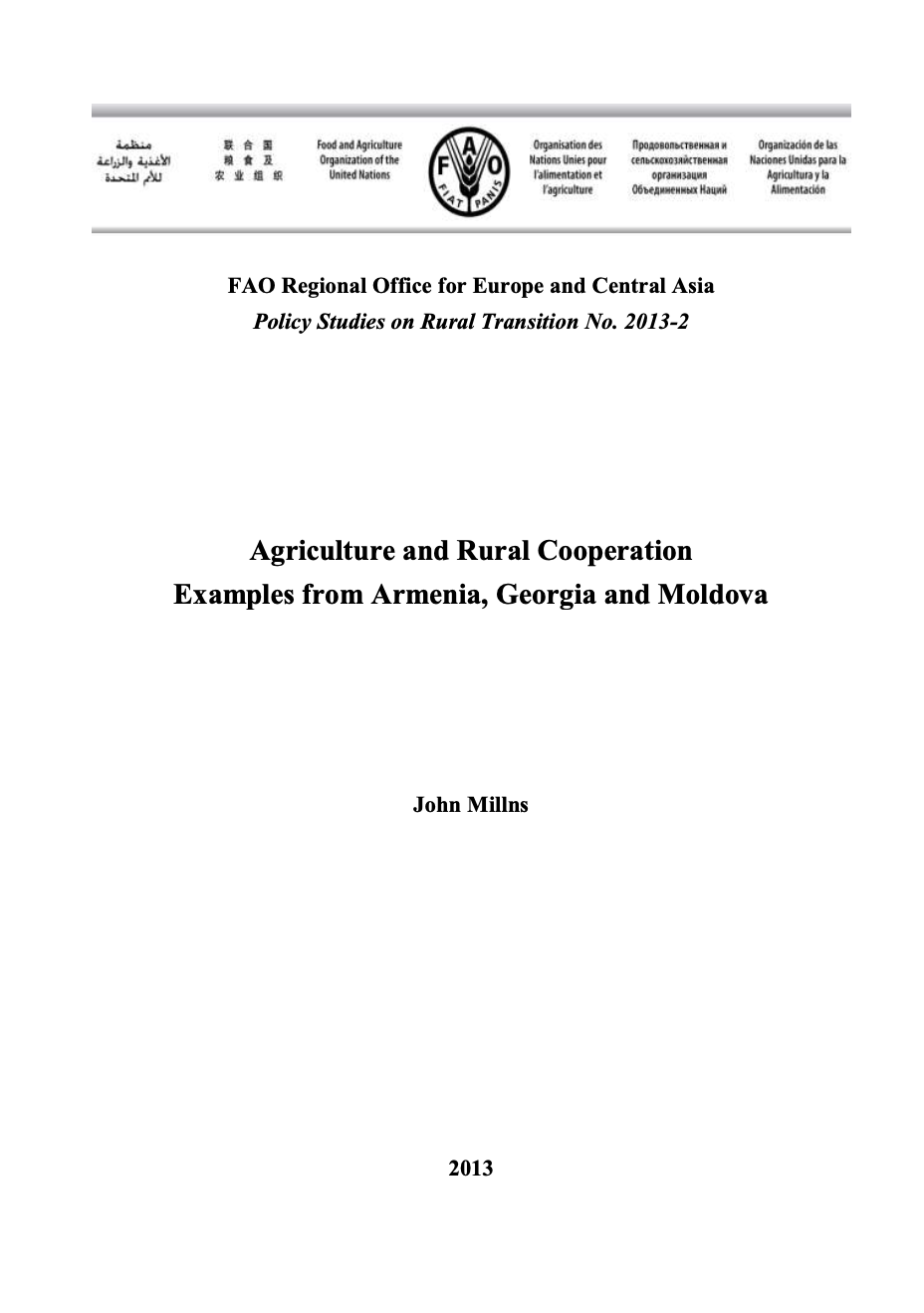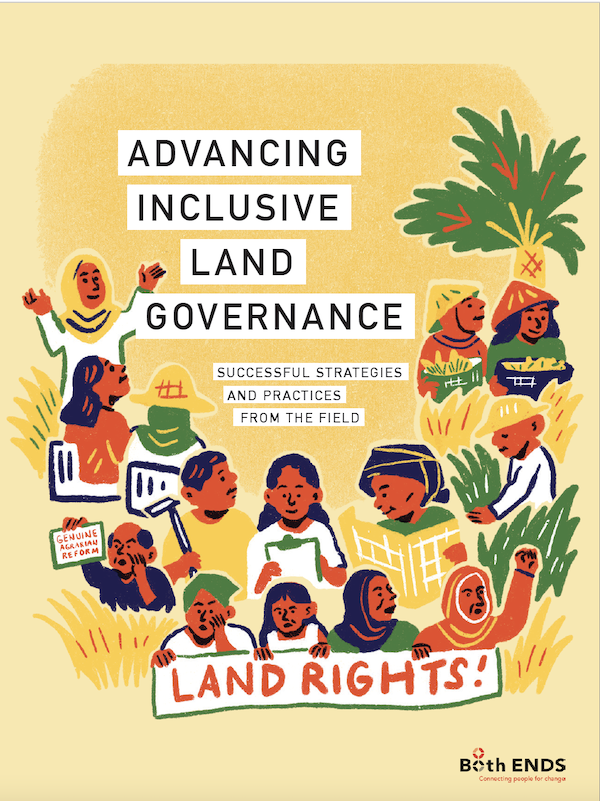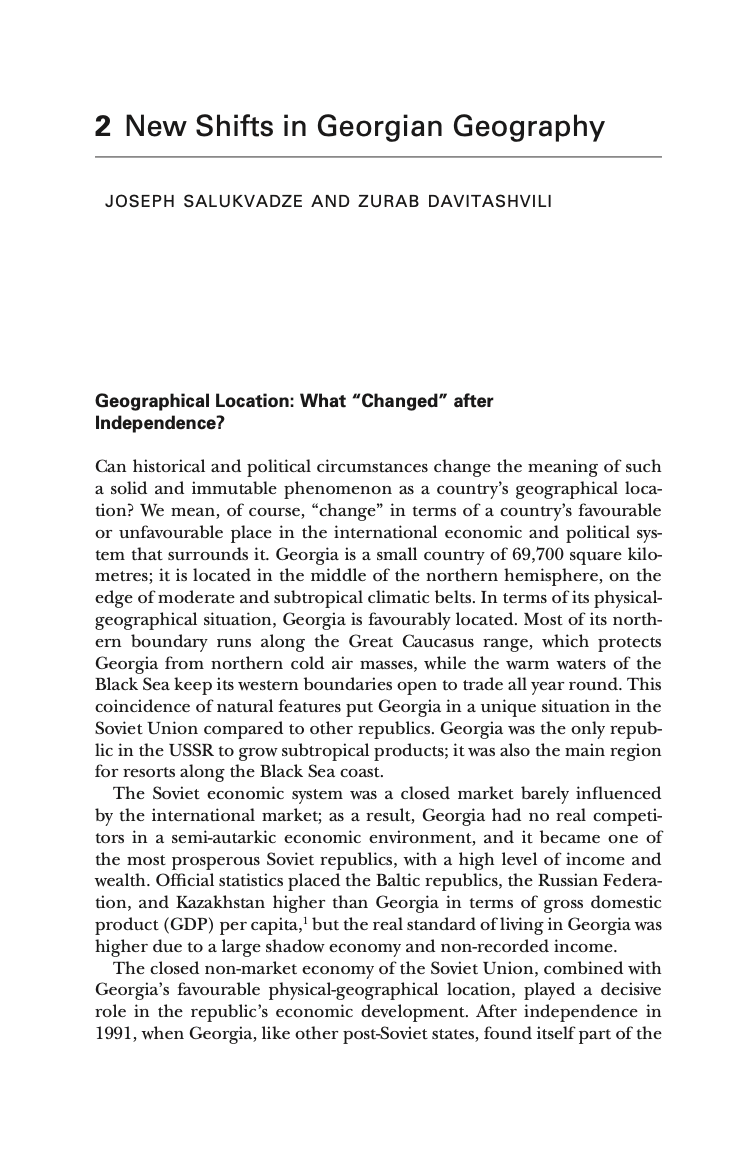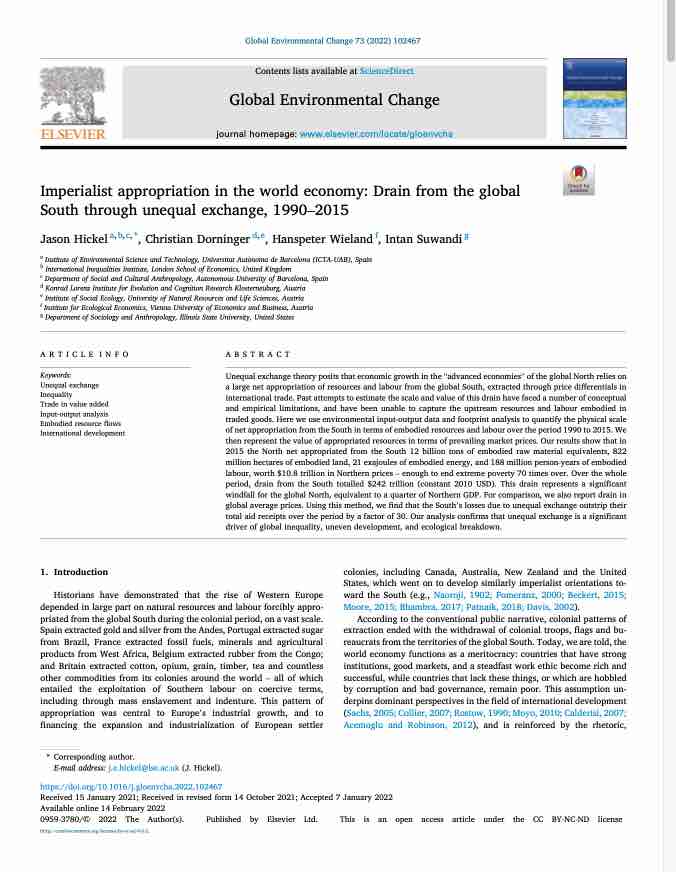BTI 2022 Country Report Kazakhstan
In 2019, the long-awaited transition of presidential power from Nursultan Nazarbayev to his anointed successor Kassym-Zhomart Tokayev took place. However, Nazarbayev continues to wield power. Among his many positions is the chair-for-life of the National Security Council, a constitutional body that has effective veto power over key policy decisions.

